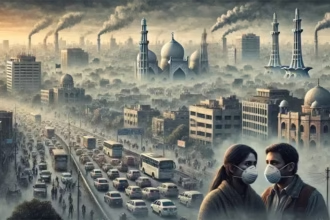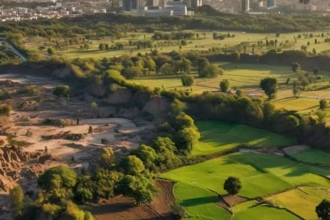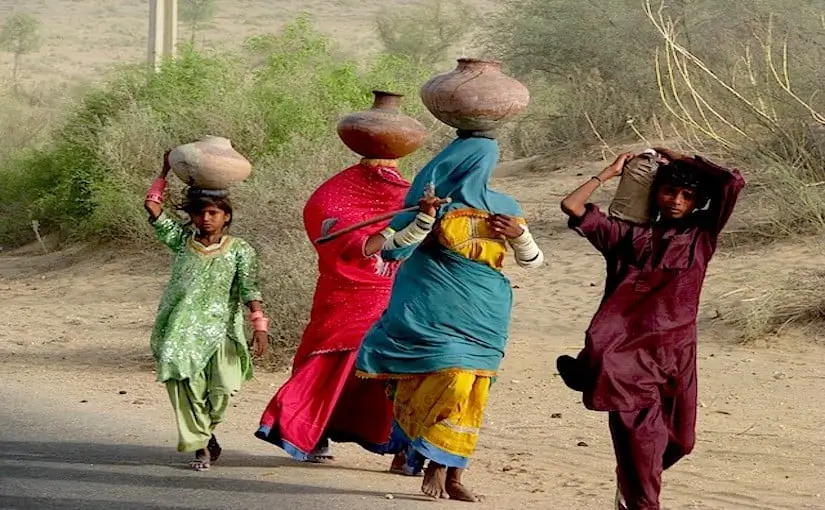Pakistan is one of the countries most vulnerable to climate change, as it houses a range of ecosystems, including mountains, deserts, and coastal areas. These ecosystems are threatened by rising temperatures, changing precipitation patterns, and extreme weather events.
Climate change’s most significant impact on Pakistan is on its agricultural sector, which accounts for a considerable portion of the country’s economy. The changing precipitation patterns have led to droughts and water scarcity, resulting in decreased agricultural productivity and increased food insecurity, particularly in rural communities.
Another significant issue facing Pakistan due to climate change is the depletion of natural resources, particularly water resources. The country heavily relies on its rivers and glaciers for water, but these resources are being depleted rapidly due to rising temperatures, leading to water shortages in many parts of the country. This results in rural areas having to rely on contaminated water sources, leading to water-borne diseases and other health problems.
Pakistan is also vulnerable to various extreme weather events, including floods and heatwaves, which have become more frequent and severe in recent years, causing significant damage to homes, infrastructure, and crops. In 2010, for instance, Pakistan experienced its worst flooding in decades, which affected over 20 million people and caused billions of dollars in damages.
Climate change is also significantly affecting Pakistan’s wildlife and biodiversity. The country is home to various species, including the snow leopard, the markhor, and the Indus river dolphin, which are under threat due to habitat loss and other factors related to climate change.
Climate change exacerbates existing social and economic inequalities in Pakistan, particularly affecting women and children who lack access to resources and live in poverty. Women in rural areas, for example, have to walk long distances to fetch water, which is becoming increasingly scarce due to climate change.
Pakistan’s urban areas, where most of the population lives, are also vulnerable to the impacts of climate change. Urban areas are particularly vulnerable to extreme weather events, such as heatwaves and flooding. Poor infrastructure and inadequate urban planning exacerbate the impacts of climate change on urban areas, leading to increased risks to public health and safety.
The impacts of climate change in Pakistan also have global implications. The country is a major contributor to the global supply chain for textiles and apparel, which is highly dependent on water resources. The depletion of water resources in Pakistan could disrupt global supply chains and affect the global economy.
To address these challenges, Pakistan needs a comprehensive approach to climate change adaptation and mitigation. This includes policies to reduce greenhouse gas emissions, increase energy efficiency, promote sustainable agriculture, and improve water management. The government must also invest in research and development to understand local climate change impacts and identify appropriate adaptation measures for local communities.
International cooperation is crucial to addressing the global challenge of climate change. Pakistan is a signatory to the Paris Agreement, which aims to limit global warming to below 2 degrees Celsius. However, achieving this goal requires collective action from all countries, including developed countries that have historically contributed the most to greenhouse gas emissions. Developing countries like Pakistan also need financial and technical support to implement adaptation and mitigation measures.
In conclusion, climate change poses a severe threat to Pakistan’s economy, environment, and social well-being. The country needs to take urgent action to mitigate its impacts and adapt to changing conditions, with a comprehensive and coordinated approach involving all sectors of society, as well as international cooperation and support. Failure to act could have severe consequences for Pakistan and the rest of the world.






